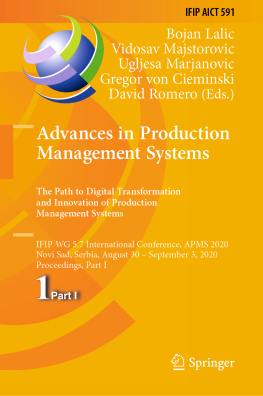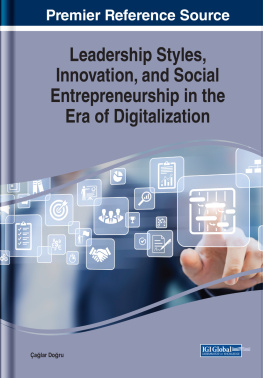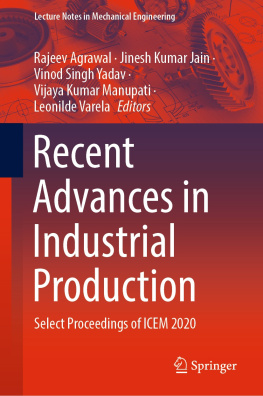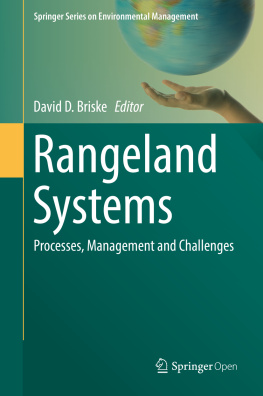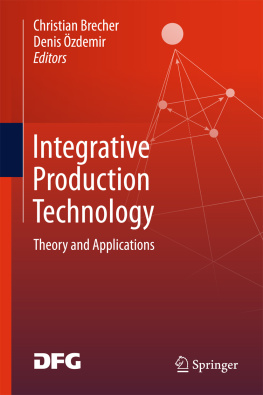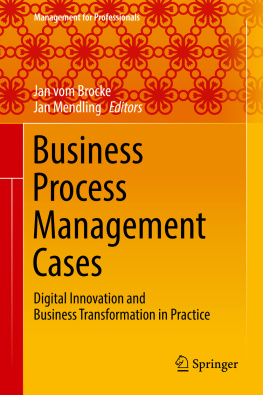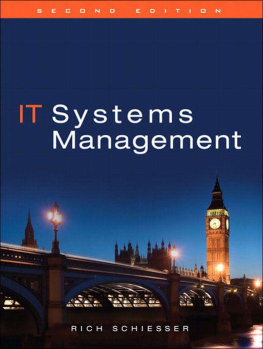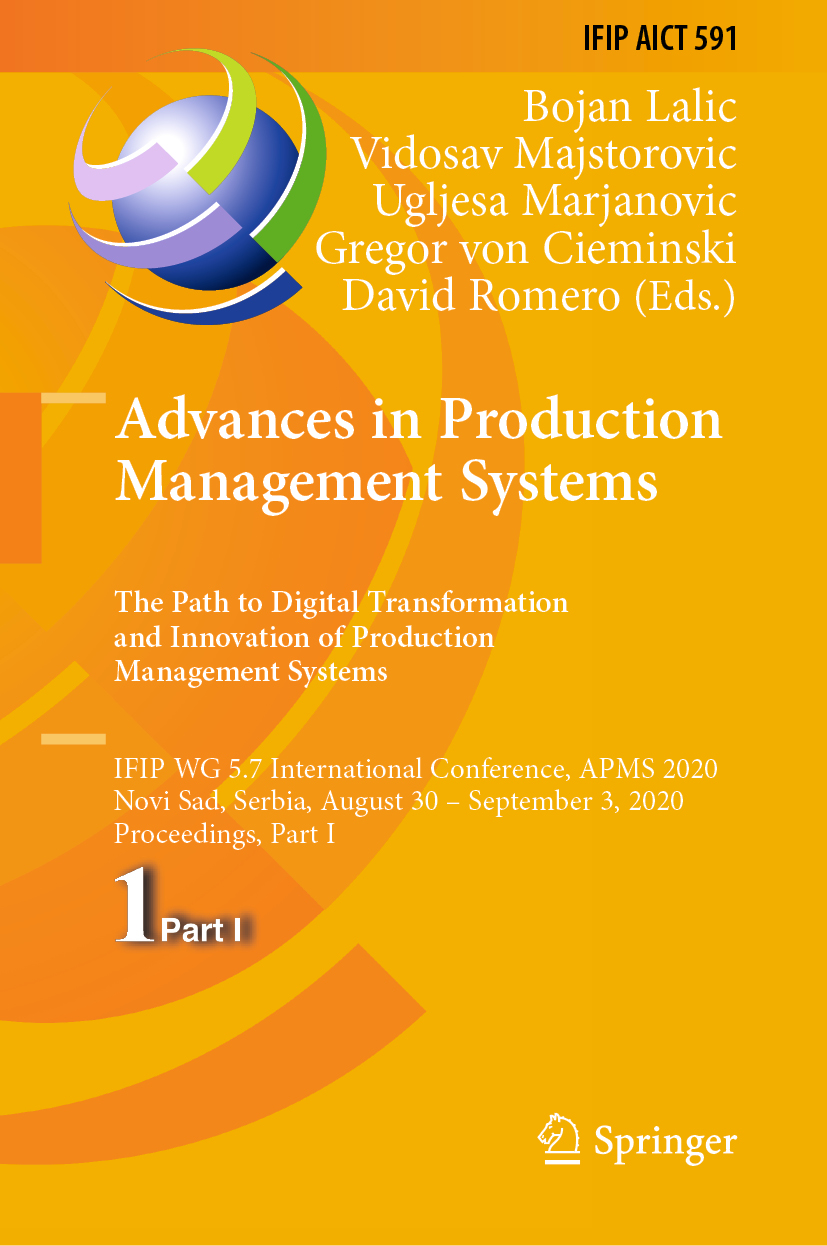Volume 591
IFIP Advances in Information and Communication Technology
Editor-in-Chief
Kai Rannenberg
Goethe University Frankfurt, Germany
Editorial Board
Lus Soares Barbosa
University of Minho, Braga, Portugal
Michael Goedicke
University of Duisburg-Essen, Germany
Arthur Tatnall
Victoria University, Melbourne, Australia
Erich J. Neuhold
University of Vienna, Austria
Burkhard Stiller
University of Zurich, Zrich, Switzerland
Fredi Trltzsch
TU Berlin, Germany
Jan Pries-Heje
Roskilde University, Denmark
David Kreps
University of Salford, Greater Manchester, UK
Ricardo Reis
Federal University of Rio Grande do Sul, Porto Alegre, Brazil
Steven Furnell
Plymouth University, UK
Eunika Mercier-Laurent
University of Reims Champagne-Ardenne, Reims, France
Marco Winckler
University of Nice Sophia Antipolis, France
Rainer Malaka
University of Bremen, Germany
IFIP Advances in Information and Communication Technology
Kai Rannenberg, Goethe University Frankfurt, GermanyThe IFIP AICT series publishes state-of-the-art results in the sciences and technologies of information and communication. The scope of the series includes: foundations of computer science; software theory and practice; education; computer applications in technology; communication systems; systems modeling and optimization; information systems; ICT and society; computer systems technology; security and protection in information processing systems; artificial intelligence; and human-computer interaction.
Edited volumes and proceedings of refereed international conferences in computer science and interdisciplinary fields are featured. These results often precede journal publication and represent the most current research.
The principal aim of the IFIP AICT series is to encourage education and the dissemination and exchange of information about all aspects of computing.
Lus Soares Barbosa (https://orcid.org/0000-0002-5037-2588), University of Minho, Braga, Portugal
TC 2 Software: Theory and Practice
Michael Goedicke, University of Duisburg-Essen, Germany
TC 3 Education
Arthur Tatnall (https://orcid.org/0000-0003-4317-971X), Victoria University, Melbourne, Australia
TC 5 Information Technology Applications
Erich J. Neuhold, University of Vienna, Austria
TC 6 Communication Systems
Burkhard Stiller, University of Zurich, Zrich, Switzerland
TC 7 System Modeling and Optimization
Fredi Trltzsch, TU Berlin, Germany
TC 8 Information Systems
Jan Pries-Heje, Roskilde University, Denmark
TC 9 ICT and Society
David Kreps (https://orcid.org/0000-0002-5776-2888), University of Salford, Greater Manchester, UK
TC 10 Computer Systems Technology
Ricardo Reis (https://orcid.org/0000-0001-5781-5858), Federal University of Rio Grande do Sul, Porto Alegre, Brazil
TC 11 Security and Privacy Protection in Information Processing Systems
Steven Furnell (https://orcid.org/0000-0003-0984-7542), Plymouth University, UK
TC 12 Artificial Intelligence
Eunika Mercier-Laurent, University of Reims Champagne-Ardenne, Reims, France
TC 13 Human-Computer Interaction
Marco Winckler (https://orcid.org/0000-0002-0756-6934), University of Nice Sophia Antipolis, France
TC 14 Entertainment Computing
Rainer Malaka, University of Bremen, Germany
IFIP The International Federation for Information Processing
IFIP was founded in 1960 under the auspices of UNESCO, following the first World Computer Congress held in Paris the previous year. A federation for societies working in information processing, IFIPs aim is two-fold: to support information processing in the countries of its members and to encourage technology transfer to developing nations. As its mission statement clearly states:
IFIP is the global non-profit federation of societies of ICT professionals that aims at achieving a worldwide professional and socially responsible development and application of information and communication technologies.
IFIP is a non-profit-making organization, run almost solely by 2500 volunteers. It operates through a number of technical committees and working groups, which organize events and publications. IFIPs events range from large international open conferences to working conferences and local seminars.
The flagship event is the IFIP World Computer Congress, at which both invited and contributed papers are presented. Contributed papers are rigorously refereed and the rejection rate is high.
As with the Congress, participation in the open conferences is open to all and papers may be invited or submitted. Again, submitted papers are stringently refereed.
The working conferences are structured differently. They are usually run by a working group and attendance is generally smaller and occasionally by invitation only. Their purpose is to create an atmosphere conducive to innovation and development. Refereeing is also rigorous and papers are subjected to extensive group discussion.
Publications arising from IFIP events vary. The papers presented at the IFIP World Computer Congress and at open conferences are published as conference proceedings, while the results of the working conferences are often published as collections of selected and edited papers.
IFIP distinguishes three types of institutional membership: Country Representative Members, Members at Large, and Associate Members. The type of organization that can apply for membership is a wide variety and includes national or international societies of individual computer scientists/ICT professionals, associations or federations of such societies, government institutions/government related organizations, national or international research institutes or consortia, universities, academies of sciences, companies, national or international associations or federations of companies.
More information about this series at http://www.springer.com/series/6102

